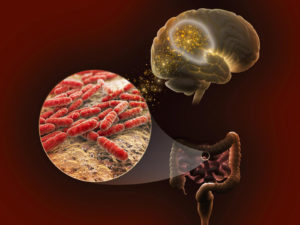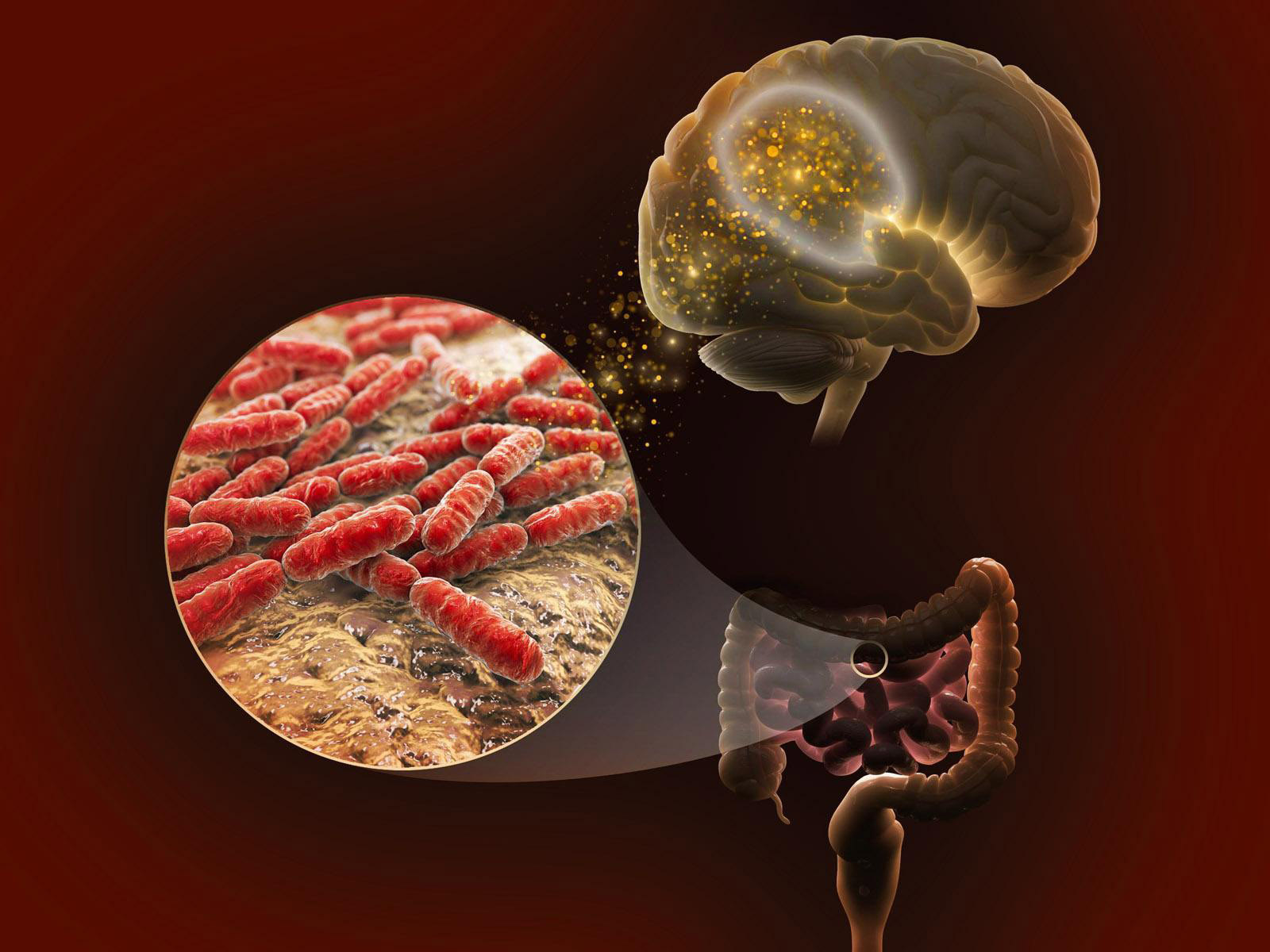
A new study traces the molecular connections between genetics, the gut microbiome, and memory in a mouse model bred to resemble the diversity of the human population. (Credit: Nathan Johnson/PNNL
Scientists know that mice which have been fed microbes that benefit health, called probiotics, experience several positive benefits. Scientists also know that microbes produce molecules that travel through the blood and act as chemical messengers that influence other parts of the body, including the brain. However, it was previously unclear which specific microorganisms and microbial molecular messengers might influence memory.
Now, a team of researchers from two U.S. Department of Energy national laboratories has found new evidence of tangible connections between the gut and the brain. The team, led by Antoine Snijders at Berkeley Lab and Janet Jansson at Pacific Northwest National Laboratory (PNNL), identified lactate—a molecule produced by all species of one gut microbe—as a key memory-boosting molecular messenger. The work was published in the journal BMC Microbiome.
Watch a Video Byte on the work produced by Research Square.
The researchers started with a collection of mice called the Collaborative Cross. To mimic the genetic and physical diversity of a human population, they bred 29 different strains of mice. The team gave each strain a memory test and, because the genome sequence for each strain was known, they screened for genetic variations and correlated these to the memory results. They found two sets of genes associated with memory; one was a set of new candidate genes for influencing cognition, while the other set of genes was already known.
Next, the team analyzed the gut microbiome of each strain and identified four families of microbes that were associated with better memory. The most common was a species of Lactobacillus, L. reuteri. To identify which microbe-related molecules might be involved with memory enhancement they analyzed stool, blood, and brain tissue from germ-free mice that had each been fed a specific species of Lactobacillus. Lactate, which is produced by all Lactobacillus species, was one of the common metabolic molecular byproducts.
Mice previously identified as having poor memory showed improved memory after being fed lactate or Lactobacillus microbes. They also had increased brain levels of a neurotransmitter, gamma-aminobutyric acid (GABA), that is linked to memory formation.
BSE’s Jian-Hua Mao, a senior scientist, and Yan-Xia Zhou, an affiliate scientist, were co-first authors on the paper, along with Young-Mo Kim of PNNL. Additional Biosciences Area contributors were: Susan Celniker, Hang Chang, Sasha Langley, Yunshan Wang, and Chenhan Zhong.
Read more in the Berkeley Lab News Center.




